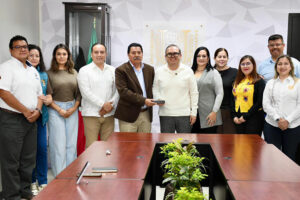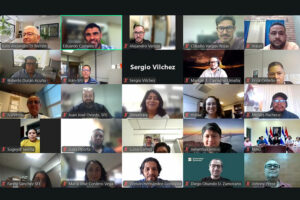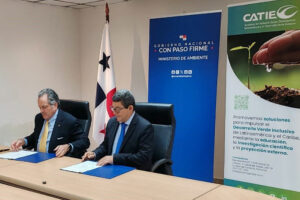Brazil and CATIE strengthen ties for sustainable and low-emission agriculture
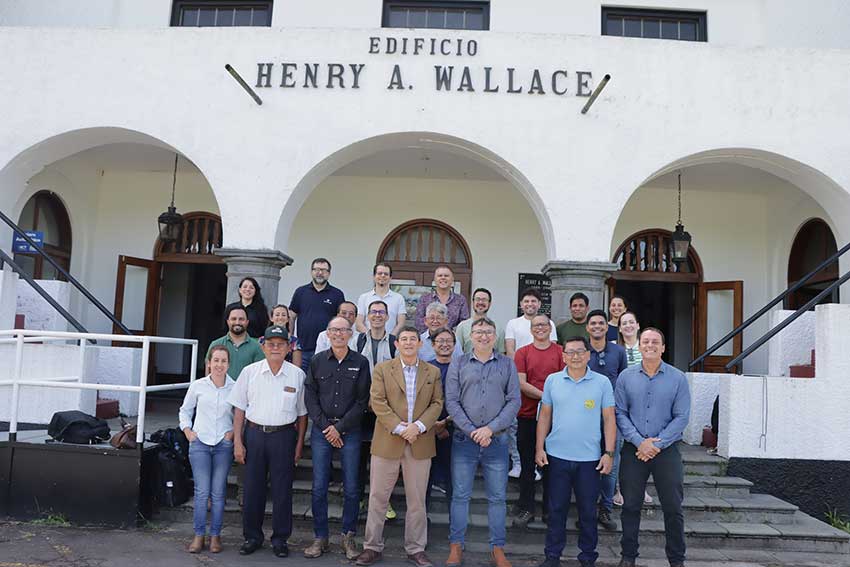
- Companies and cooperatives from Brazil explored CATIE’s initiatives in climate change, land management, sustainable agricultural production, and environmental policy
A recent high-level public-private delegation from Brazil visited CATIE (Tropical Agricultural Research and Higher Education Center) to learn how science, economic development, and public policy are being integrated to address climate change, agricultural production, and the environment.
The delegation was welcomed by CATIE’s General Directorate and its units on Forests, Economy, Livestock and Environment, Agroforestry, and Genetic Improvement of Coffee and Cacao.
The visitors observed agroforestry and regenerative livestock systems; analyzed the inter-institutional implementation of agro-environmental programs; and examined various strategies for sustainable agriculture, such as payment for environmental services, bio-input production, sustainable businesses, rural tourism, and landscape management.
According to CATIE’s Director General, Dr. Luis Pocasangre, “It was truly rewarding to hear from Brazilian public-private sector leaders that CATIE has been an inspiration for working on sustainable tropical agriculture, and that its research, published in the Turrialba journal, has served as a beacon guiding Brazil’s productive systems related to forests, agroforestry systems, and low-emission silvopastoral systems.”
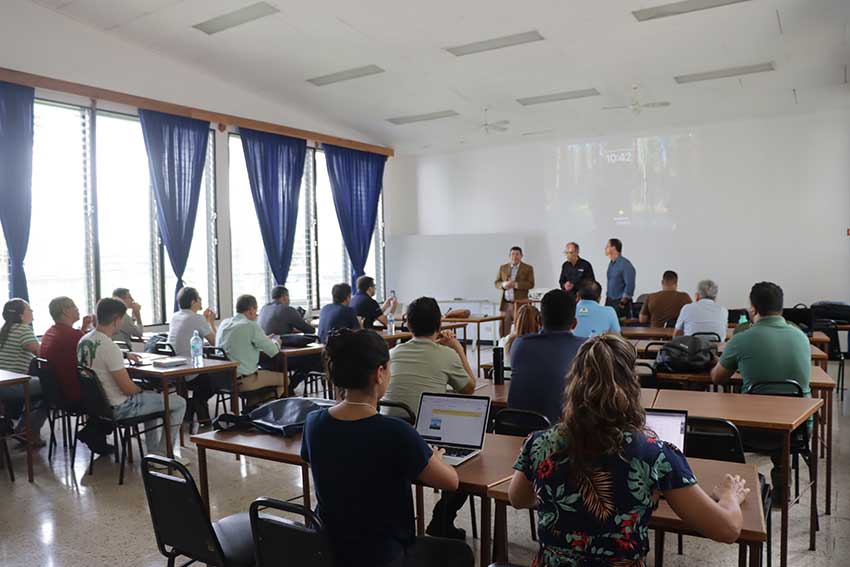
The mission was organized by the Brazilian organization Pentagrama Agroforestal and CATIE, with support from the Organization of Brazilian Cooperatives (OCB), which brings together 4,500 cooperatives, and the cosmetics company NATURA, the fourth-largest cosmetics company in the world that uses natural ingredients in its products.
Participants from Brazil also included the Mixed Agricultural Cooperative of the Amazonian Municipality of Tomé-Açu (CAMTA), Brazil’s largest coffee producers’ cooperative (COOXUPE), the Organization of Cooperatives of the State of São Paulo (OCESP), and the Organization of Cooperatives of the State of Paraná (OCEPAR).
The delegation highlighted Brazil’s cooperative model, which represents over 50% of the country’s agricultural sector. Dr. Pocasangre praised the example of CAMTA, a cooperative founded 90 years ago: “We were fortunate to have four of its Brazilian-Japanese presidents visit CATIE.”
Also attending were companies such as LUXOR-AGRO (with 13,440 hectares of livestock and 271 hectares of regenerative coffee production), ORGANO-PARÁ (producers of organic and organo-mineral fertilizers based on agricultural waste), HIMEV (machinery specialized in sustainable and regenerative practices), and the Brazilian Agricultural Research Corporation (EMBRAPA), which will host the Global Climate Summit in Brazil this November.
Several Costa Rican institutions supported the Brazilian mission, including the Ministry of Agriculture and Livestock (MAG), the Ministry of Environment and Energy (MINAE), the National Forestry Financing Fund (FONAFIFO), and the Costa Rican Coffee Institute (ICAFE), with additional support from the Japan International Cooperation Agency (JICA).
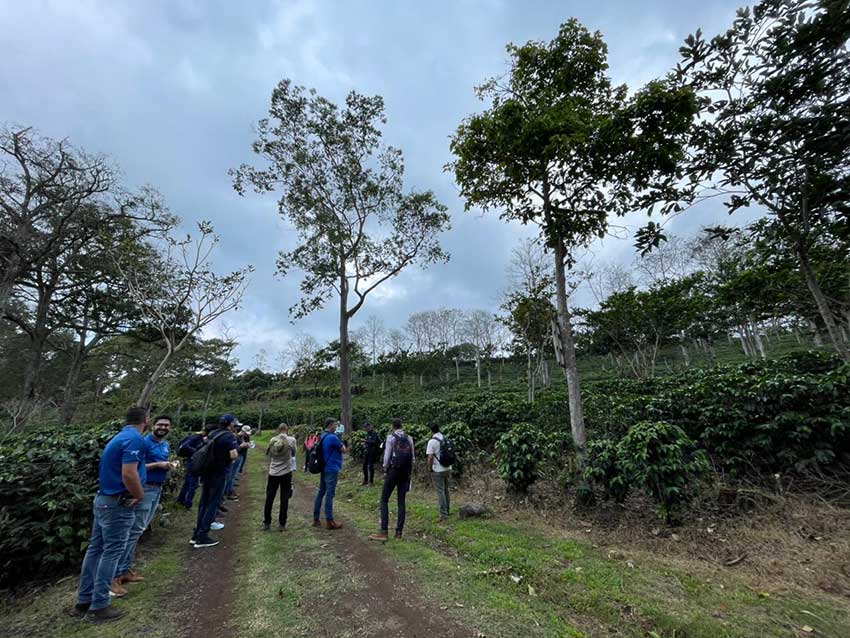
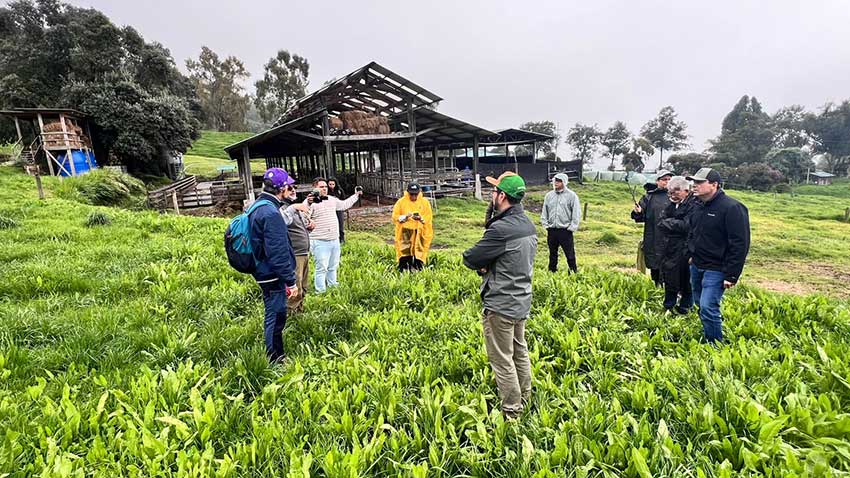
The Brazilian colleagues visited local sites such as Finca Santa Anita (Agrícola El Cántaro S.A.), COOPRONARANJO, Hacienda Retes (Regenerative Livestock), Hacienda Aquiares, Empresa NORTICO, Rancho Tranquilo (Agro-ecotourism Farm), and the Cahuita and Irazú Volcano National Parks.
At the conclusion of the mission, agreements were established between Brazil and Costa Rica, including joint participation in the upcoming Climate Summit, where both countries will present progress in their Agro-Environmental agendas through technical and scientific collaboration on the themes addressed during the visit.
The Director General expressed his gratitude “to CATIE’s scientific staff, JICA of Japan, and the public and private sector organizations from Brazil for making this mission to CATIE possible,” and hopes that “research, education, and training activities will emerge from this important meeting.”
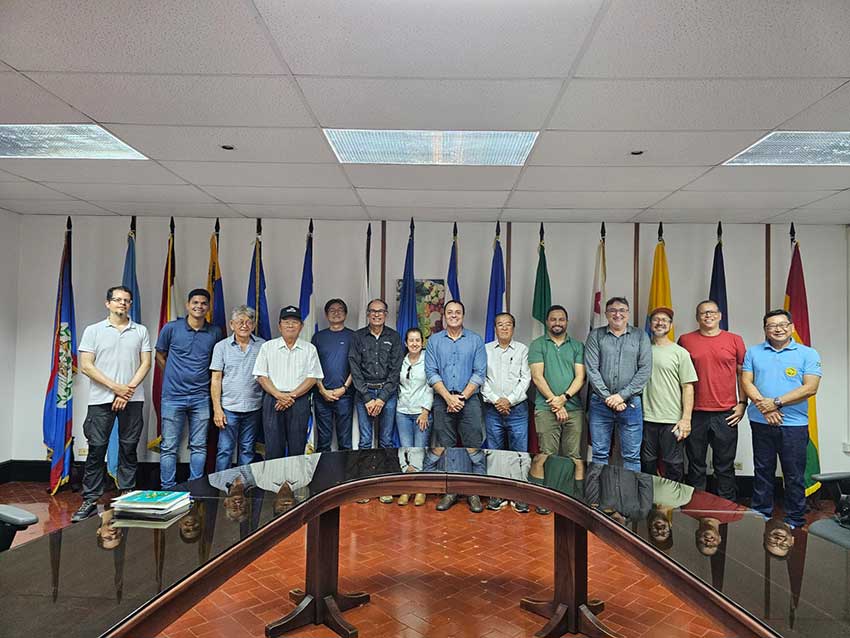
More information:
Elias de Melo Virginio Filho
Coordinator for CATIE at NAMA Café
TRANSFORMA-INNOVA Program
eliasdem@catie.ac.cr
Written by:
Eber Víquez León
Communications and Marketing Office
CATIE
eviquezleon@gmail.com
comunica@catie.ac.cr

